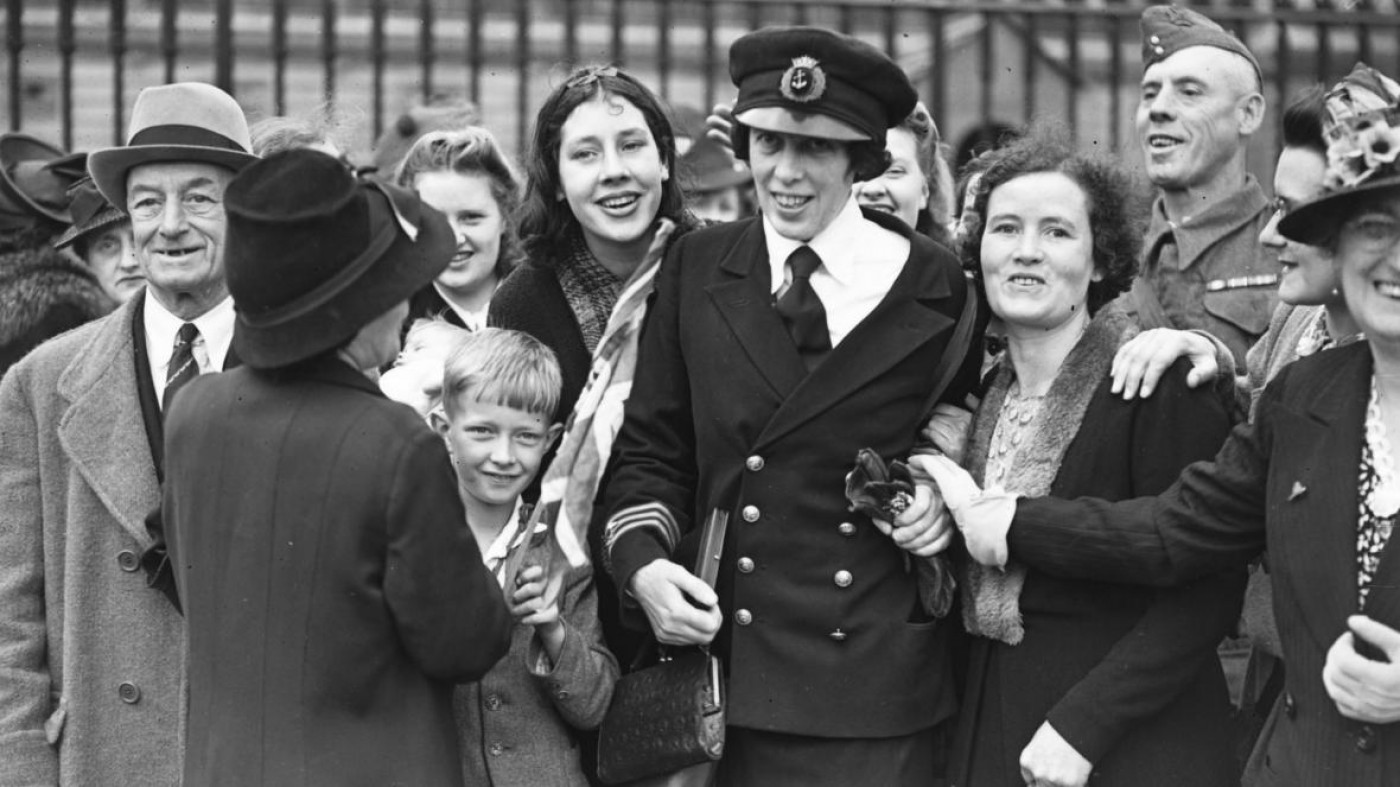This article was contributed to the Rewriting Women into Maritime inititative by the Institute of Marine Engineering, Science & Technology.
Victoria Drummond (1894-1978)
Marine Engineer and the first female member of Institute of Marine Engineers.

Victoria Drummond after receiving her MBE in July 1941 © Image courtesy of Evening Standard
There can be few marine engineers who have not heard of Victoria Drummond but most will know little about her life or career and some may even have believed that the existence of this pioneering female marine engineer was little more than myth.
Born into an aristocratic family in 1894 Victoria Drummond could claim Queen Victoria as one of her god parents and her early up bringing gave little indication that she would adopt a seagoing career. The early years in Scotland are graphically described, delights of summer hay-making contrasting sharply with the austerity of Scottish Sundays.
Victoria Drummond enjoyed all aspects of her early life whether it was missing Sunday School whilst fishing in the local stream, offering sticky home-made toffee to the Prince of Wales (the future King Edward VII) or being presented at court to King George V.
With the outbreak of the First World War her world changed and she embarked upon her engineering career initially in a local garage and subsequently at the Caledon Shipyard in Dundee. There is no explanation as to why she decided upon a career in marine engineering but she convinced Lawrence Holt that she was serious and was offered a position as a junior engineer on board the B lue Funnel steamer Anchises.
The hardships of life on acoal burner, including getting soaking wet whilst clearing ash from bilge strum boxes, did not deter her although family members were not so certain; “No one ever thought I would stick it out but I did". She did in fact stick it out for 40 years until her final voyage in 1962 although there were intervals ashore. Despite the fact that she obtained her second class steam certificate after two years aboard Anchises she was unable to pass her class one certificate even after 31 attempts. She held the belief that her failure to obtain the certificate was more to do with the fact that she was a woman than any lack of engineering knowledge.
Much of the 1930s was spent ashore undertaking various engineering commissions, some of which required visits to trade fairs in European cities. A 1938 visit to Vienna describes the emotions in that city at the time of the German invasion and there is even a photograph, taken by Victoria from her hotel room, of Hitler on his triumphant drive through the Viennese streets.
War brought a return to sea as she considered it her duty. That duty included heroic efforts in the engine rooms of a number of ships under enemy attack with the result that she was awarded the MBE and Lloyd's War Medal. The fear of submarines and concern about keeping place in a convoy were ever present and the relief at reaching port safely are well described.
Victoria Drummond obtained her second class motor certificate, however, there was still no chance of a British chief engineer’s certificate and in order to sail as such she went “foreign flag”. The post war years saw service aboard a variety of ships with crews of different nationality but life was getting harder and sadder as one-by-one old friends and family died whilst she was away at sea. In 1962, at the age of 67, she left her last ship in Hong Kong and returned to live with her two sisters in London. An accident, failing health and the death of her two sisters resulted in an enforced move to St George’s Retreat in Kent where she died on Christmas Day 1978.
The story of Victoria Drummond is both happy and sad but it is also one of triumph, triumph against the odds which were stacked against a woman who wanted to work in what was then a man’s world. She did not succeed completely for she never obtained that coveted British“Chief’s ticket” but she did make her mark. Prejudice was encountered on board many ships but she soon learned that she had to live with it or leave; her perseverance changed the attitude of some but reinforced the prejudices of others.

